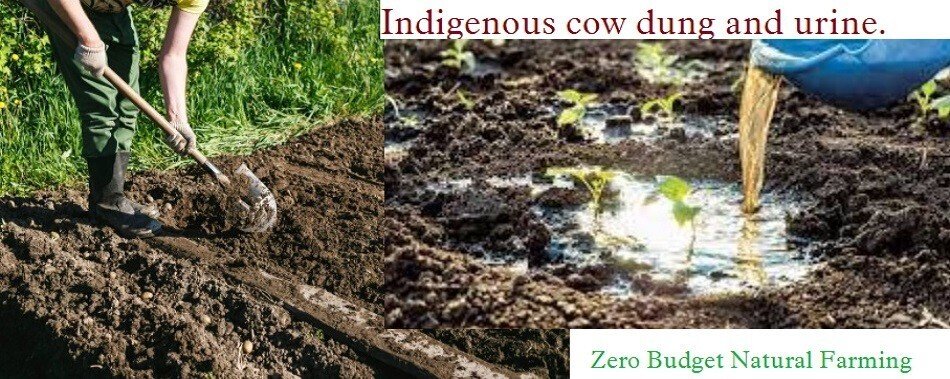Zero-budget natural farming (ZBNF) has returned to the top of the government’s priority list, with Prime Minister Narendra Modi set to highlight it at a national conclave in Gujarat later this week.
Despite the lack of scientific studies demonstrating the impact of the method, which largely relies on replacing chemical pesticides and fertilizers with concoctions made from indigenous cow dung and urine.
Also Read: Govt provided financial support to farmers to encourage organic farming
Agriculture Secretary Sanjay Agrawal told on Monday that the central Govt has sanctioned support for converting 4 lakh hectares in 8 States to ZBNF methods in 2021. He added that the committee to discuss minimum support price guarantees is also expected to promote ZBNF and would be formed very soon.
Mission mode
The Prime Minister has announced the formation of this [committee]. ‘It must be undertaken on a mission basis, as well as on a zero-budget basis for natural farming. It will be set up very soon, in the near future,’ he said, declining to answer further questions about the committee’s composition, mandate, or timeline.
The committee is part of the agreement reached by the government with farm unions under the banner of the Samyukt Kisan Morcha, which ended their year-long agitation on Delhi’s outskirts last week. One of their main demands was a legal guarantee for MSP.
The Ministry, on the other hand, is currently more focused on the ZBNF issue. A national conference on agriculture and food processing, with a focus on natural farming, will be held in ‘Anand’ the Milk Capital of India, Gujarat, from December 14 to 16, with the Prime Minister, expected to address 5,000 farmers at the conference closing session.
Also Read: Centre’s decision to repeal farm law gets mixed reaction from agri & allied sectors
There is no large-scale scientific study
Mr. Agrawal stated that, while no large-scale scientific study has yet provided proof of ZBNF’s effectiveness, the growing number of farmers adopting the method, particularly in Gujarat and Andhra Pradesh, indicated that they had seen its benefits. ‘Just because something is unproven doesn’t mean it’s bad. Although scientific studies have not been completed, it is being proven in the field. It’s the farmers’ own practises that are demonstrating this,’ he said.
Andhra Pradesh has the highest ambition of the eight states that have submitted proposals for support under the Centre’s Paramparagat Krishi Vikas Yojana scheme, bringing one lakh additional hectares of land under ZBNF, followed by Chhattisgarh and Gujarat.
Productivity Concerned
The ZBNF method is intended to lower input costs by eliminating the need for costly fertilizers and pesticides, as well as to protect soil health and conserve water resources. However, some early adopters in Maharashtra reported a drop in yields, productivity, and income over time, and abandoned the experiment to return to traditional agriculture practices.
Also Read: PM Modi urges farmers to attend his address on ‘natural farming’
Senior agricultural scientists were also concerned about a wholesale shift to unproven methodologies. The Indian Council for Agricultural Research (ICAR) is conducting ongoing studies on the effect of ZBNF methods on production and productivity, economics, and soil health at different locations in northwestern India’s grain basket States, but has yet to reveal any findings.















Add Comment